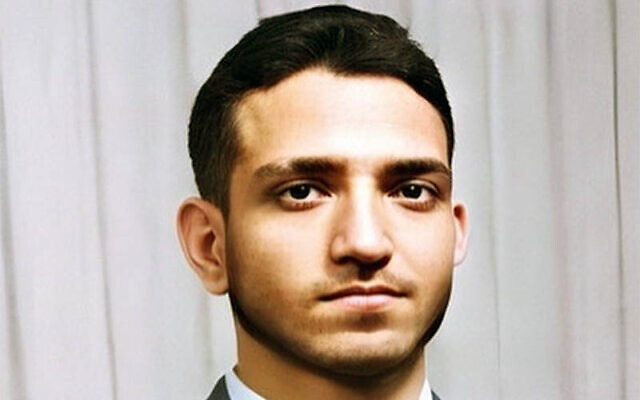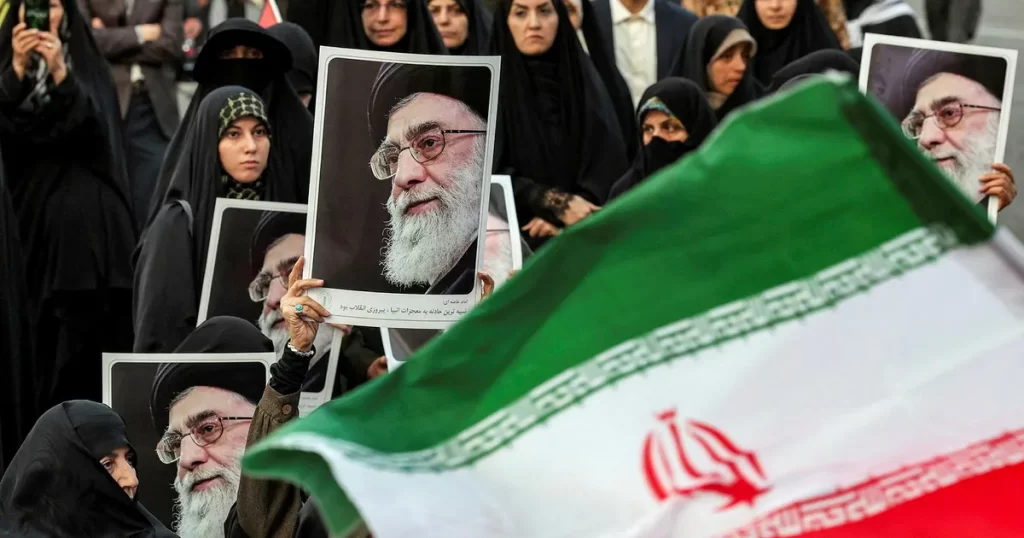Iranian authorities executed Arvin Nathaniel Ghahremani, a 20-year-old Jewish citizen, on Monday morning at Kermanshah Central Prison, following a two-year campaign by his family and the Jewish community to spare his life, rights groups reported and judiciary officials confirmed.

Ghahremani was convicted of murder following a 2022 street fight, according to the Norway-based Iran Human Rights group. His execution comes amid heightened regional tensions between Iran and Israel.
“In the midst of the threats of war with Israel, the Islamic Republic executed Arvin Ghahremani, an Iranian Jewish citizen,” said Iran Human Rights director Mahmood Amiry-Moghaddam. He cited “significant flaws” in the legal proceedings and argued that “institutionalized antisemitism in the Islamic Republic undoubtedly played a crucial role in the execution.”
The case stemmed from a fatal confrontation where Ghahremani allegedly acted in self-defense against Amir Shokri during a dispute over money. According to local media reports, Ghahremani’s defense claimed he was at a gym when Shokri, who owed him money, attacked him with a knife. While Ghahremani managed to wrestle the weapon away, the altercation ended in Shokri’s death.
His family sought to resolve the case through Iran’s Islamic law of retribution, which allows victims’ families to accept blood money in lieu of execution. However, the Mizan Online judiciary website reported that Shokri’s family “refused to give consent” to such an arrangement. Earlier reports suggested that representatives close to Ayatollah Ali Khamenei and the Revolutionary Guard Corps had pressured the victim’s family to reject any financial settlement.

The execution highlights concerns about Iran’s legal treatment of religious minorities. Human Rights Watch notes that Iranian law applies capital punishment differently based on religious identity: while non-Muslims can face execution for killing Muslims under Qisas law, Muslims who kill non-Muslims may avoid similar sentences.
Ghahremani’s mother, Sonia Saadati, had pleaded for mercy. His defense team argued that crucial evidence was omitted from court documents, including his attempts to save Shokri’s life by seeking medical attention.
The execution marks a rare implementation of capital punishment against a member of Iran’s Jewish minority in recent years. While the community numbered around 100,000 before the 1979 Islamic Revolution, a 2016 census showed fewer than 10,000 remaining.
The case unfolds against a backdrop of regional conflict, with Iran recently launching missile attacks against Israel following the outbreak of warfare between Israel and Iranian-backed groups in Gaza and Lebanon. The timing of the execution has drawn additional scrutiny from international human rights observers concerned about the treatment of religious minorities in Iran.



